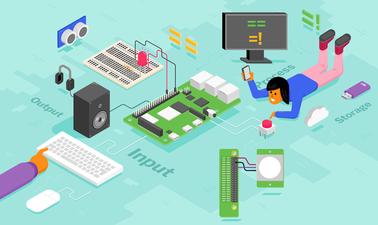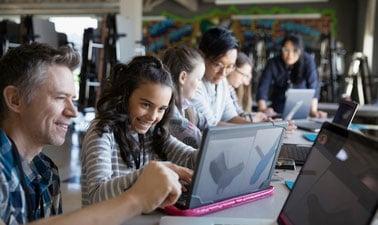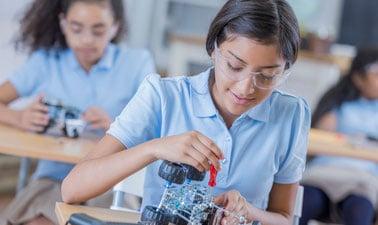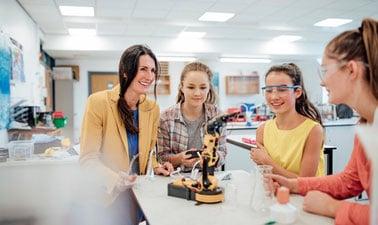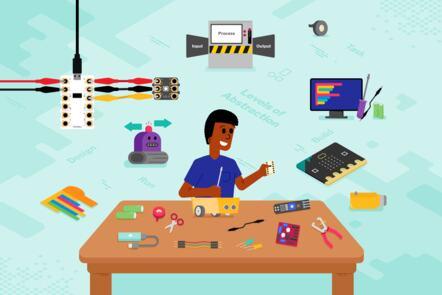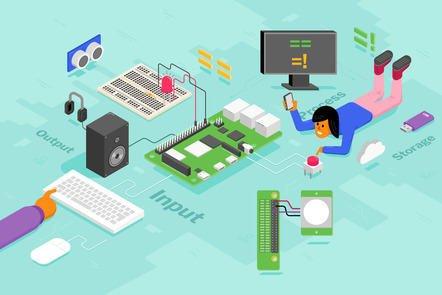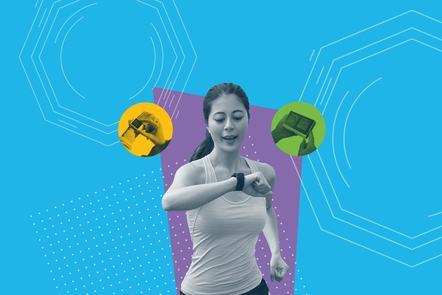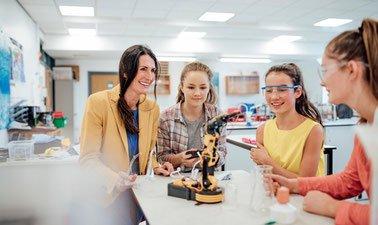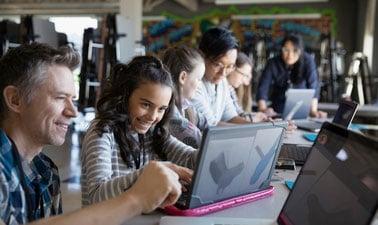Teaching Physical Computing with Raspberry Pi and Python (edX)
Categories
Effort
Languages
Explore the exciting world of physical computing and create electronic circuits that you can control with code. On this course from the Raspberry Pi Foundation, you will be introduced to the world of physical computing. You will use input devices to capture data, process that data with the Python [...]
Self Paced

